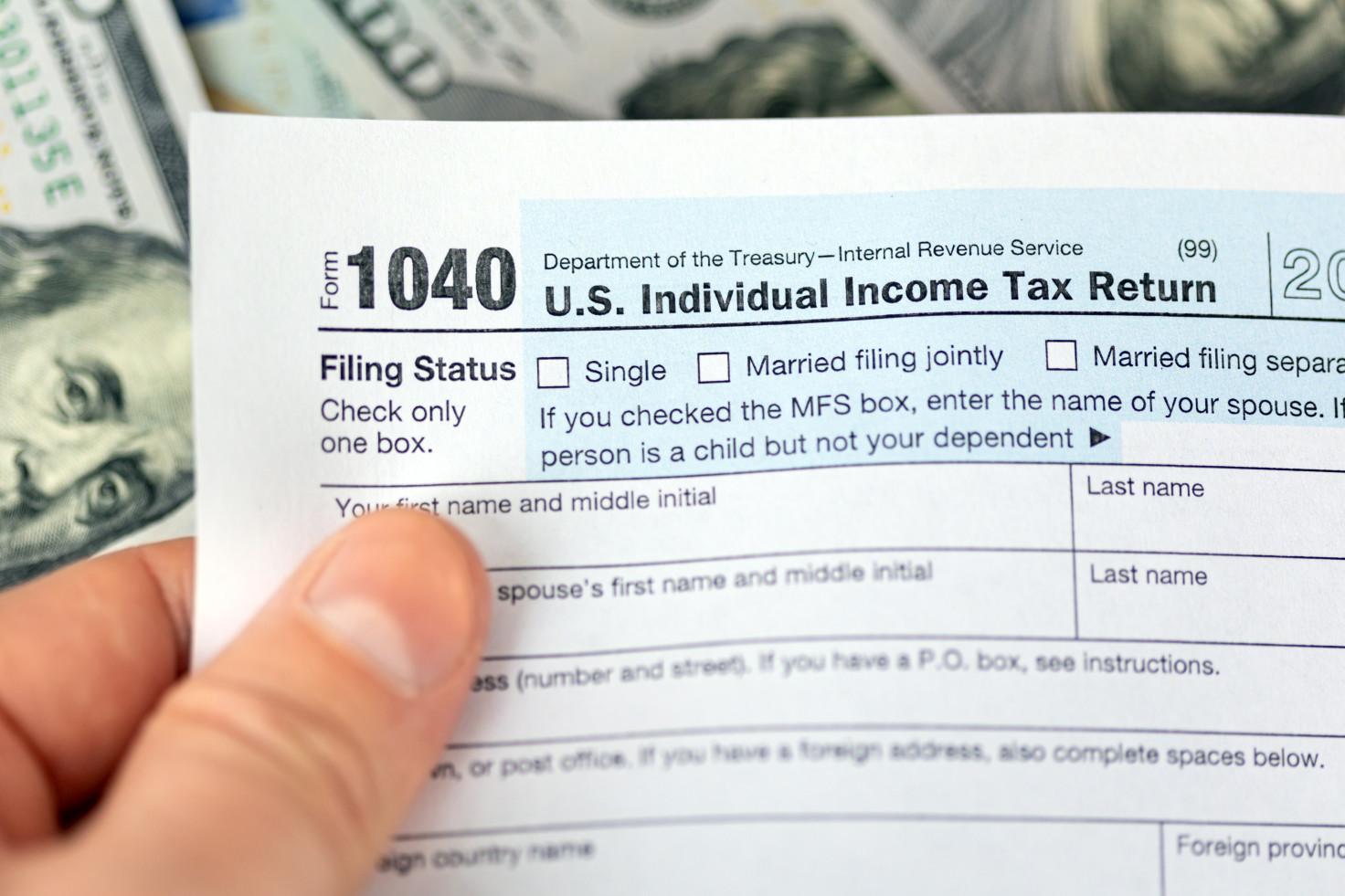
Tax season can certainly be stressful. It also provides opportunities for criminals to steal your money and your identity. Thieves use fake communications to frighten or entice taxpayers by either threatening a tax audit or offering a tax refund. Common tax scams to be wary of include telephone scams, phony tax preparers, and phishing emails or websites.
REMEMBER: The Internal Revenue Service (IRS) doesn't initiate contact with taxpayers through email, text messages, or social media channels to ask for personal or financial information.
WATCH OUT FOR PHISHING
Criminals frequently use phishing, an email or a website to trick you into providing detailed personal or financial information, including your name, Social Security number, or date of birth. They use this information to access your bank accounts, use your credit cards or obtain new credit in your name.
Phishing emails often try to scare you by threatening consequences for not responding. If you take the time to look at a scam email carefully, you will likely see incorrect grammar and spelling as well as links to an inaccurate URL.
Do not reply to a suspicious email or click links in the message.
AVOID PHONE SCAMS
Tax scam artists sometimes pose as IRS employees and call you using common names and fake IRS badge numbers. During these calls, the criminals will ask you for personal information. Remember that they called you and should already have that info. In other instances, they will demand payment using a specific method such as a wire transfer or prepaid debit card.
If you receive a suspicious call from someone claiming to be from the IRS, hang up and contact the IRS to verify that there is an issue with your return.
DISHONEST TAX PREPARERS
Some tax preparers take advantage of clients by stealing their identities or committing tax fraud. It's important to remember that you are responsible for it even if you don't prepare your tax return.
When you hire a tax consultant, make sure they use your W-2 form and enter their Preparer Tax Identification Number on your return. Fraudulent tax return preparers often charge overblown prices for their services or steal a portion of their clients' refunds.
To find a reputable tax preparer, ask friends and colleagues for recommendations and check the rating with the Better Business Bureau.
BE AWARE AND PROTECT YOUR FINANCES
People lose millions of dollars each year due to tax scams. You can avoid being a victim by paying careful attention to phone calls and messages that you receive.


